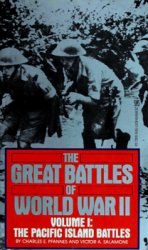A British authority on China suggests that by totally subordinating the CCP to his will, Mao deprived himself of an effective check on his policies. This resulted in the failure of his two great projects, the Great Leap Forward and the Cultural Revolution.
SOURCE R
An excerpt from Rebellions and Revolutions, China from the 1800s to 2000 by Jack Gray, QuP, uK, 2002, p. 378.
That Mao was an authoritarian ruler, prepared to be ruthless towards those he believed to be conspiring against the revolution is not in question. What is in question here is the idea that he was some sort of closed-minded orthodox fundamentalist. Why then did his two great campaigns fail? Beneath the many factors which contributed to the disaster lay one fundamental flaw; the authoritarian, totally unaccountable Party hierarchy which Mao himself had created was a useless instrument.
In another revisionist treatment, Lee Feigon accepted that Mao was authoritarian but argued that the use to which he put this was creative not destructive (see Source S).
SOURCE S
An excerpt from Mao: A Reinterpretation by Lee Feigon, published by Ivan R. Dee, Chicago, USA, 2002, pp. 11-12.
The movements for which Mao is almost universally condemned today - the Great Leap Forward and especially the Cultural Revolution - were in many ways beneficial for the Chinese people: they forced China to break with its Stalinist past and paved the way for its great economic and political strides.




 World History
World History









